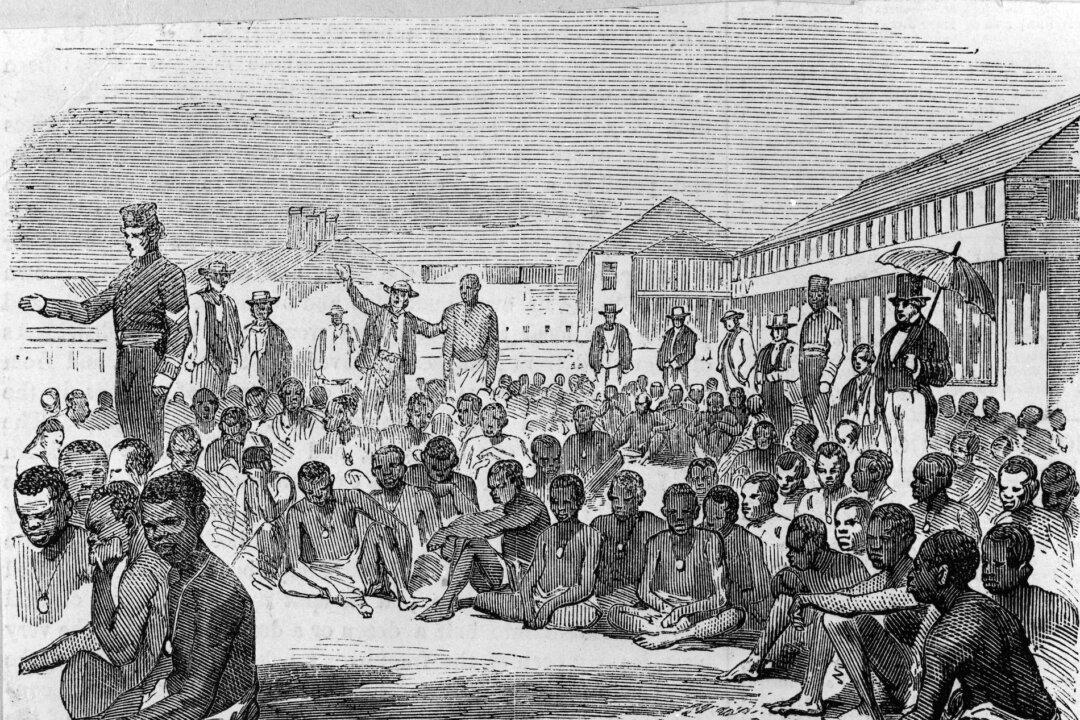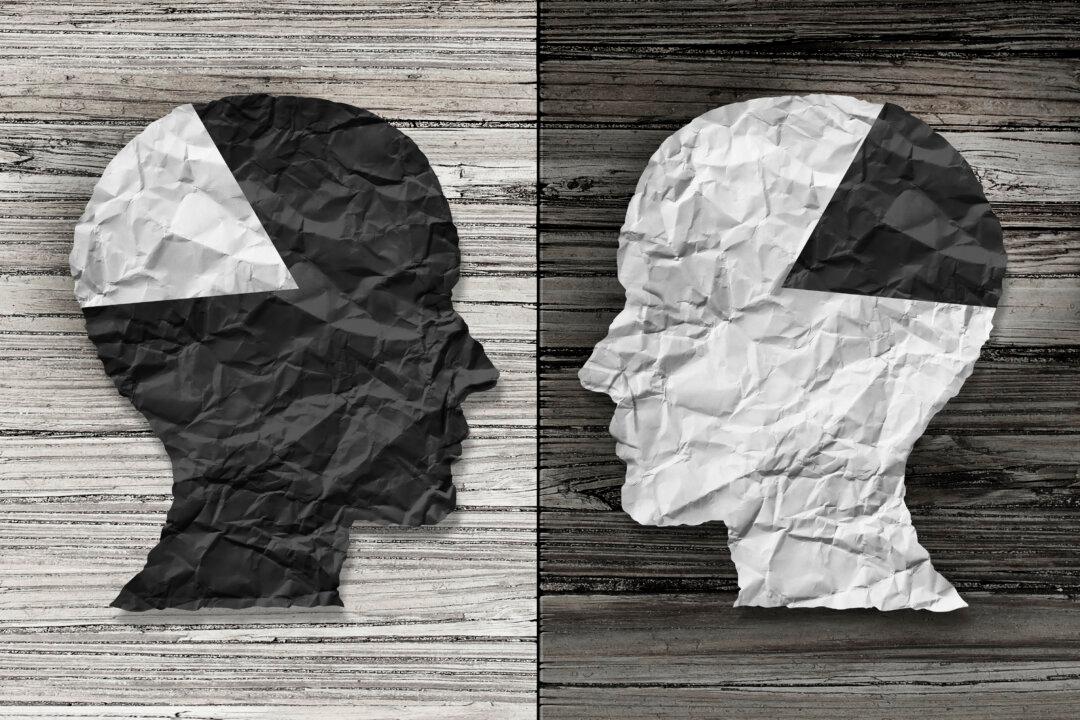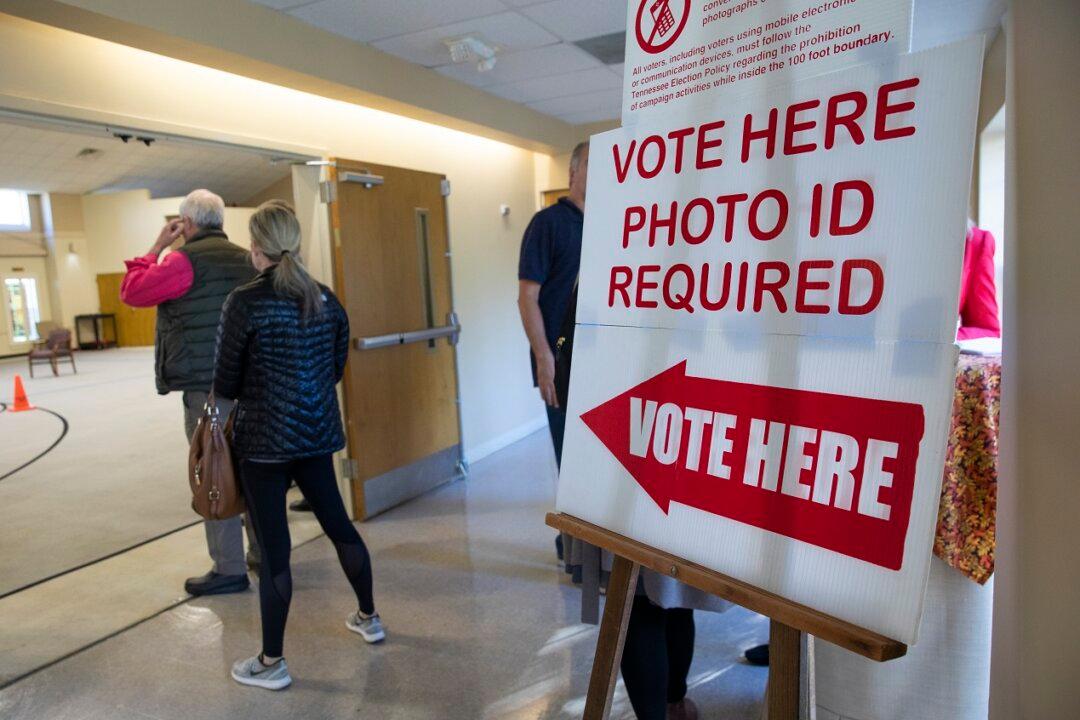Commentary
“My roots go back, within my lifetime, to my paternal grandmother Miss Chrishy (née Christiana Brown, descendant of Hamilton Brown who is on record as plantation and slave owner and founder of Brown’s Town).”
These are heavy words to see written by the father of Senator Kamala Harris (D-Calif), a woman who is running for president of the United States on a platform that includes reparations for slavery.
Also interesting is a detailed account by a witness of what happened to slaves owned by Harris’s family:
“At the command of the overseer he proceeded to strip off part of his clothes, and laid himself flat on his belly, his back and buttocks being uncovered. One of the drivers then commenced flogging him with the cart whip. This whip is about ten feet long, with a short stout handle, and is an instrument of terrible power. It is whirled by the operator round his head, and then brought down with a rapid motion of the arm upon the recumbent victim, causing the blood to spring at every stroke. When I saw this spectacle now for the first time exhibited before my own eyes, with all its revolting accompaniments, and saw the degraded and mangled victim writhing and groaning under the infliction, I felt horror-struck. I trembled and turned sick; but being determined to see the whole to an end, I kept my station at the window. The sufferer, writhing like a wounded worm, every time the lash cut across his body, cried out, ‘Lord! Lord! Lord!’”
As America debates its own historical legacy, this passage highlights the family legacy of a contender for the highest office in the land. But, is Harris personally responsible for the plight of slaves hundreds of years ago? Of course not. She is no more responsible for actions taken by those in her family’s past than any white person in America is responsible for actions taken by their ancestors.
But, since she’s made atonement for past sins a current policy platform, perhaps she should lead by example and be the first among us to take responsibility; do what she’s asking much of the rest of the country to do and pay dearly for past transgressions.
Progressive Narrative
The thorny issue of reparations for slavery is pernicious.
The progressive narrative of slavery paints in broad strokes and taps into centuries-old pain and angst by methodically re-crafting historical fact into widely imbued myth. It emphatically and falsely supposes the notion that America as a whole and white southerners in particular are to blame for slavery in the United States.
“We must confront the dark history of slavery and government-sanctioned discrimination in this country that has had many consequences, including undermining the ability of black families to build wealth in America for generations,” Senator Elizabeth Warren (D-Mass.) told The New York Times.
Rhetoric like “government-sanctioned discrimination” suggests the entire government had culpability. It’s a distorted view of the past shared by many on the political left, including Harris.
“America has a history of 200 years of slavery. We had Jim Crow. We had legal segregation in America for a very long time,” Harris said on the radio show The Breakfast Club. “We have got to recognize, back to that earlier point, people aren’t starting out on the same base in terms of their ability to succeed and so we have got to recognize that and give people a lift up,” as she openly declared her support for reparations.
The language used in discussing reparations is wildly inaccurate, as it implies liability for slavery rests with the entire country.
“America is not to blame, and the South is not exclusively to blame. Some Americans perpetrated these crimes and other Americans stopped them,” wrote scholar Dinesh D’Souza in his book “Death of a Nation: Plantation Politics and the Making of the Democratic Party.” “Progressive Democrats are in fact the inventors of racism and white supremacy, and the Republican Party fought them all the way,” he wrote.





